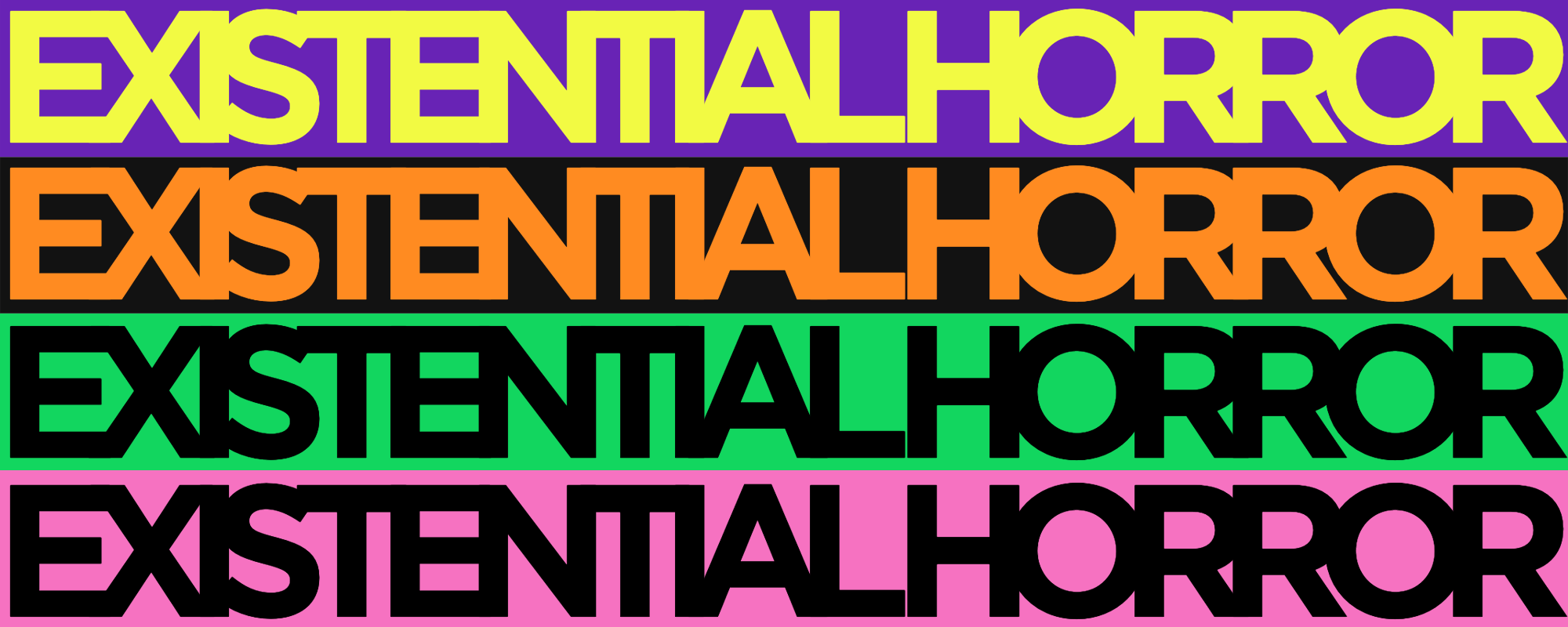The Existential Horror of Spotify Wrapped
Graphic by Anya Perel-Arkin
By Maura Cowan
The candy has been distributed, the pumpkins left to rot. The kitschy cotton spiderwebs have been ripped from their coveted spots in the eaves of otherwise neat and well to do homes. The season of fright has ended. But winter is approaching, and with it, something even more sinister. Heralded by weeks filled with tweets and jokes increasingly ominous in tone: be afraid.
Spotify Wrapped season is upon us.
Since 2016, Spotify Wrapped, the streaming app’s personalized “year in review,” has exploded in popularity. It’s undeniably one of the more genius marketing campaigns of the last decade. Users love seeing stats tailored just to them: their top artists, top genres, the songs they put on repeat for a little too long in the shower.
That love, however, is paved over in the cultural conversation by a narrative of jokingly performed embarrassment. To hear Spotify users tell it (at least on social media), the look into their Wrapped statistics stems not from a place of good-natured curiosity, but a dark proclivity towards furthering their own humiliation. There’s something that is so uncomfortable to people about having their personal taste – something as seemingly benign as their listening habits – broadcast to them, reflected back as a dark mirror into their psyche.
It’s an understandable impulse. Spotify Wrapped is 21st-century surveillance at its finest, covered with the splashy sheen of “content,” a holiday gift for loyal listeners reminding us that nothing in this world is private. For ten-odd months out of the year, it tracks our every stream, and at the end of it all, it confronts us with the truth about something that a lot of us hold close to our identities.
When this information is incongruous with our carefully constructed (and carefully performed) self-perceptions, a lot of us seem to find it genuinely off-putting. If you have a conceptualization of yourself as someone with a carefully curated, left-of-the-dial music taste, facing the fact that the Glee Cast made your top five artists for the third year running forces you to stare into that terrifying chasm between subjective and objective truth.
One of the most commonly made jokes about an individual’s Wrapped data is that it does not merely indicate embarrassing listening habits, but some sort of psychological instability. Something is wrong with you, fundamentally, for listening to 37 hours of Phoebe Bridgers in a row. It’s a fun sort of self-flagellation, but it reveals a real tinge of fear. After the laughter dies, the thought lingers: could I be the one with the pathologically bad taste?
Setting aside the veil of humor, I want to state here that no one is evaluating your character according to these statistics, or at least not in any meaningful way. This information, and the conversation around it, is largely self-centered – everyone wants to display their own embarrassment, and they’re not really all that worried about yours.
Still, last year, I bit my nails for weeks, praying that “Coconut Mall” from the Mario Kart Wii soundtrack wouldn’t wind up in the summary of my top five songs after I spent the year playing it on repeat in order to write essays more efficiently (it really works, I swear)! The idea of that information being seen as representative of my music taste was horrifying to me, and I breathed a genuine sigh of relief when it escaped my Wrapped.
My most listened-to artist for five years running was Mitski, a statistic that I proudly displayed as indicative of both my music taste and my baseline emotional state throughout the back half of my teenage years. It was a source of comfort for me, not embarrassment or angst. This year, she did not even make my top five. I’m going to miss having that fact about myself, holding it true to me, but in a bittersweet way, I appreciate that I’ve grown beyond it.
The truth is, my Wrapped statistics mean a lot to me. Every song signifies something important about this year – I struggled in my hometown, I fell deeper in love, I confronted my trauma, I lost a friend. I traveled further than I’ve ever traveled before, met some people I really look up to, and saw so many artists I love live on stage. In its own small way, this information is just another way of documenting that I lived.
That isn’t something for me to be ashamed of, or for that matter, scared of. It’s not something for anyone to be scared of. It’s time to stop treating this event as something for which we need to perform, doing an apologetic song and dance under the spotlight of surveillance. If we’re going to live in this state of perpetual observation, we might as well be observed as our most authentic selves… Glee Cast albums and all.

